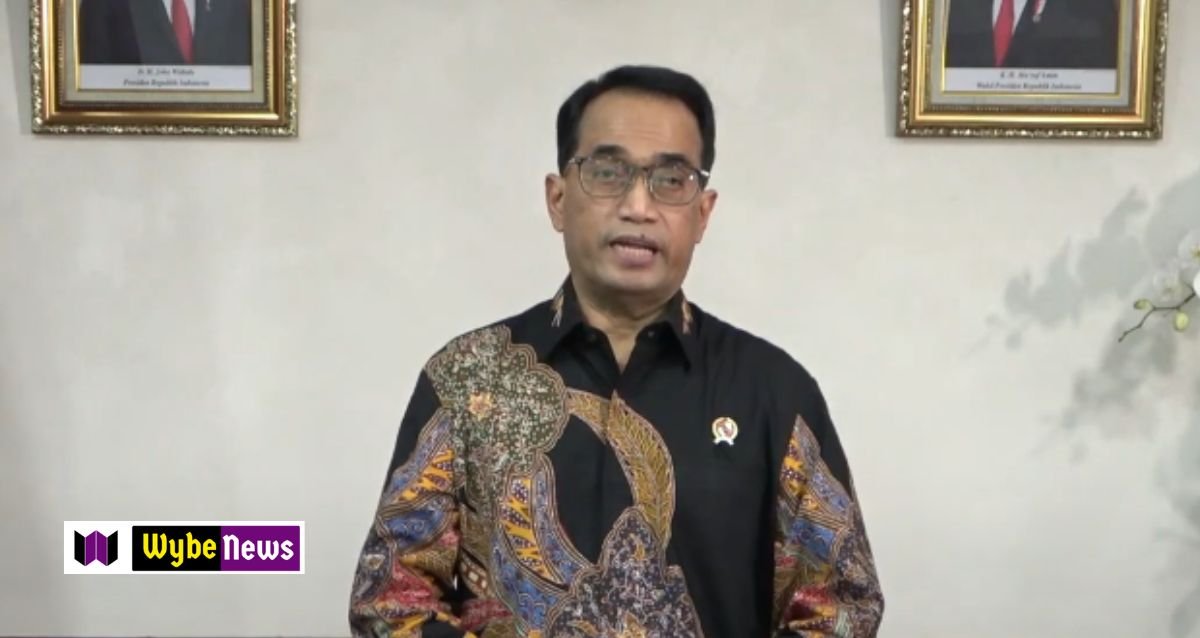SBI Complies with Supreme Court Order, Submits Electoral Bonds Data to Election Commission

Following a stern order from the Supreme Court, the State Bank of India (SBI) has taken a significant step by submitting data related to electoral bonds to the Election Commission of India on Tuesday evening. This move comes in the wake of a landmark verdict last month, in which the Supreme Court declared the electoral bond scheme as “unconstitutional,” citing a violation of citizens’ right to information.
The submission of electoral bonds data by SBI is in line with the court’s directive, which mandates the Election Commission to collate and release the information by 5 pm on Friday. However, it’s noteworthy that the Chairman and Managing Director of the bank is yet to file an affidavit confirming compliance with the court order. Nevertheless, sources indicate that the affidavit is prepared and will be submitted to the court on Wednesday.
This development unfolds against the backdrop of a recent plea by the SBI to extend the deadline for releasing the data beyond March 6, a request that was promptly dismissed by the Supreme Court on Monday. Chief Justice DY Chandrachud led the bench and reprimanded the bank for its “willful disobedience” of court orders, cautioning it about potential contempt proceedings.
The court’s response to the SBI’s plea was firm, emphasizing that the bank only needed to provide a plain disclosure of donor details available at its Mumbai branch. The Chief Justice pointed out that the bank was not required to engage in a matching exercise but simply to open covers, collate details, and provide information as directed.
Despite the SBI’s argument regarding the complexity of data compilation and the need to maintain confidentiality, the Supreme Court reiterated the urgency of compliance, especially considering the impending general elections in 2024.
As the electoral bonds controversy continues to unfold, the actions of both the judiciary and financial institutions like the SBI remain under scrutiny, underscoring the critical intersection of transparency, electoral integrity, and judicial oversight within India’s democratic framework.






